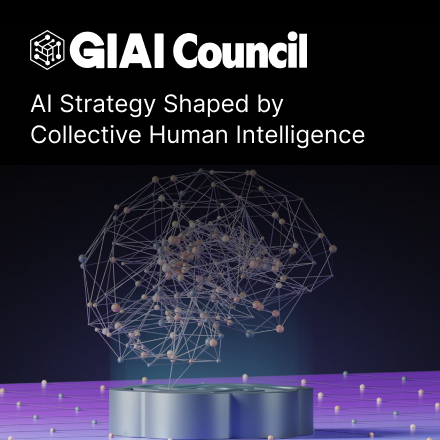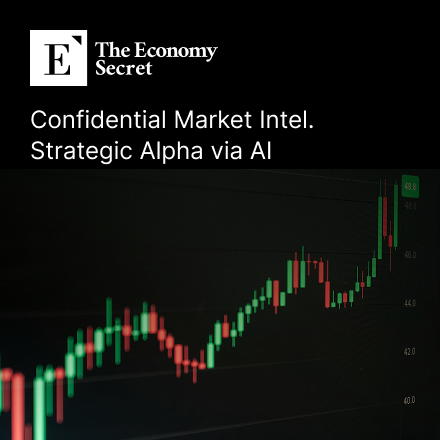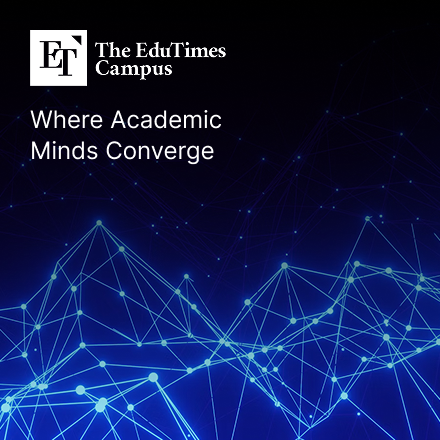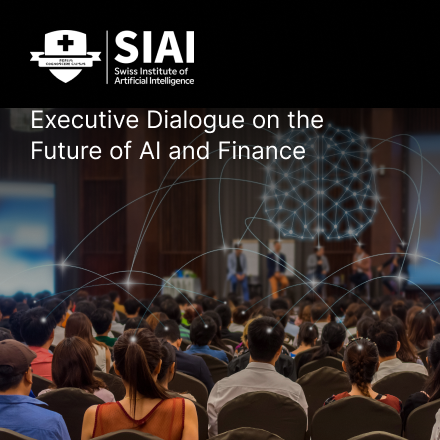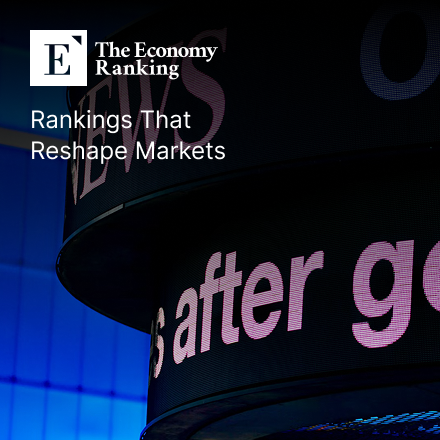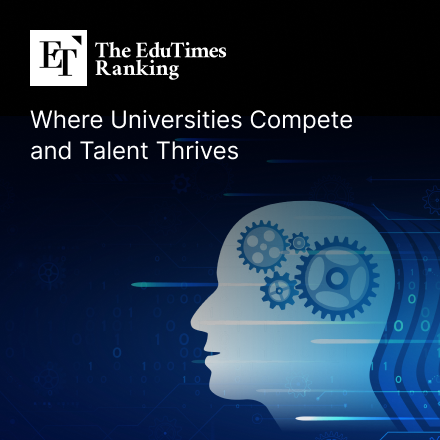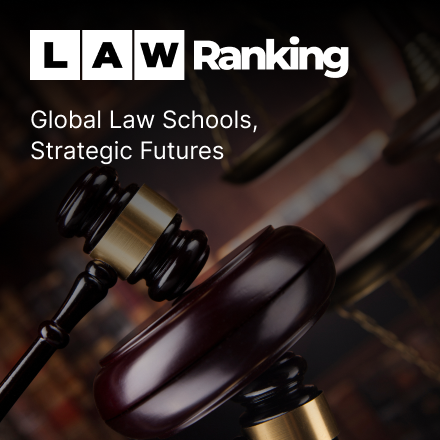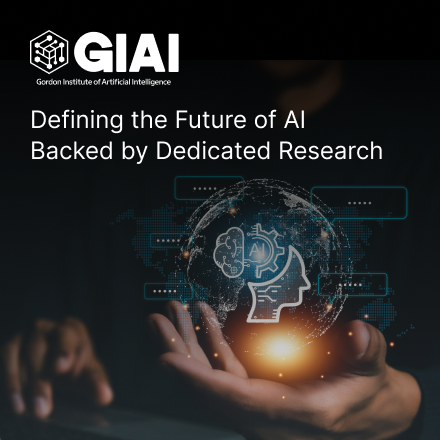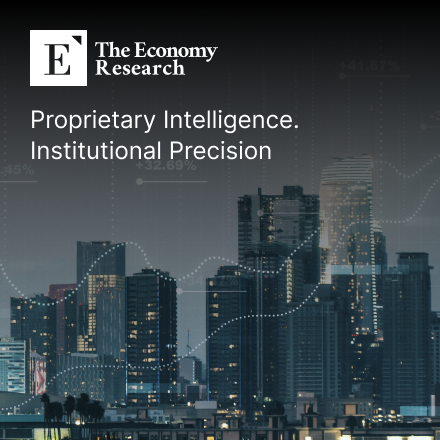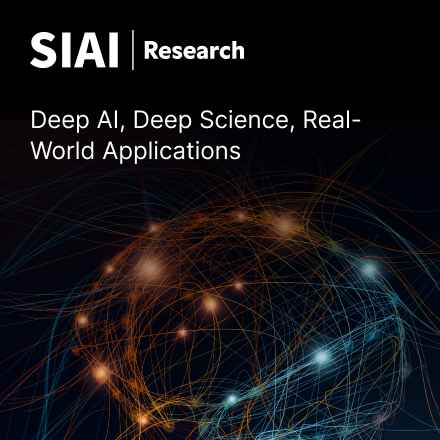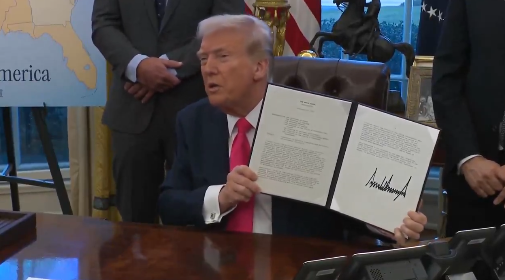
The Effect of Education Budget Cuts Political and Legal Repercussions Source:
Read More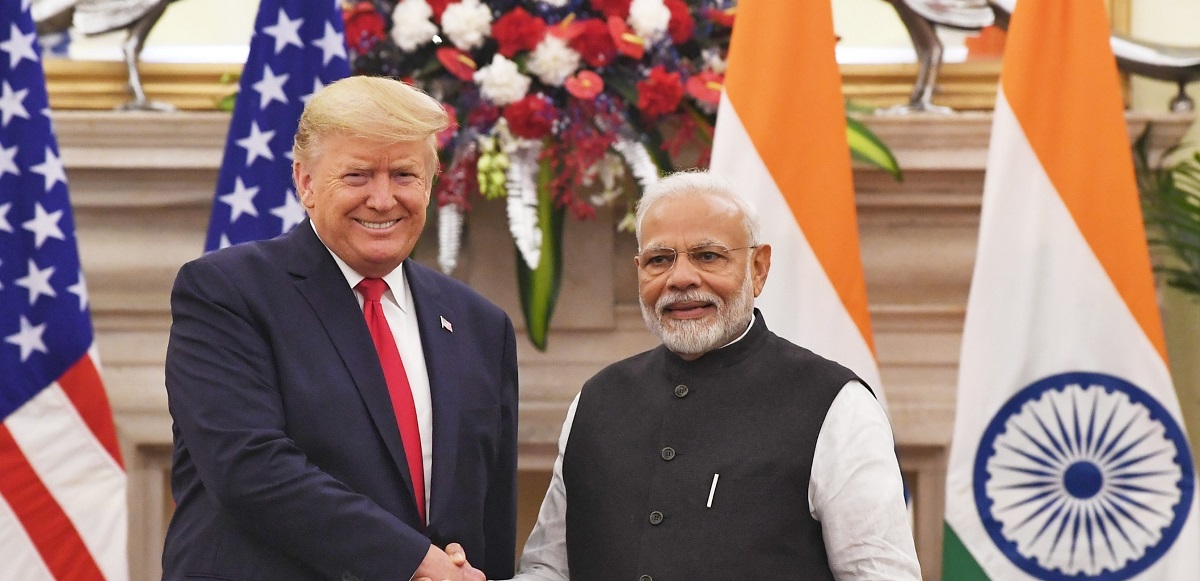
Economic and Trade Expansion: Pursuing Mutual Growth A Framework for the Future: Defense and Strategic Partnerships Global Implications, Education, and People-to-People Ties Note: US Presi
Read More
Enhancing Critical Thinking Through Multi-Dimensional Queries Multi-Dimensional Assessments - Kirkpatrick’s Model and Radar Charts Broader Impact of Radar Charts and Multi-Dimensional Assessments
Read More
The Growing Debate Over Faculty Tenure in Higher Education Arguments For and Against Tenure Reform The Future of Faculty Tenure: Uncertainty and Potential Reforms Source:
Read More
The United States Agency for International Development (USAID) has long been a critical player in global development, with a particular emphasis on humanitarian aid, healthcare, and education. The agency has been a critical participant in the promotion of U.S. soft power on a global scale by implementing capacity-building initiatives, scholarship programs, and development projects since its inception in 1961 by President John F. Kennedy. Nevertheless, the precipitous suspension and dismantling of USAID under former U.S.
Read More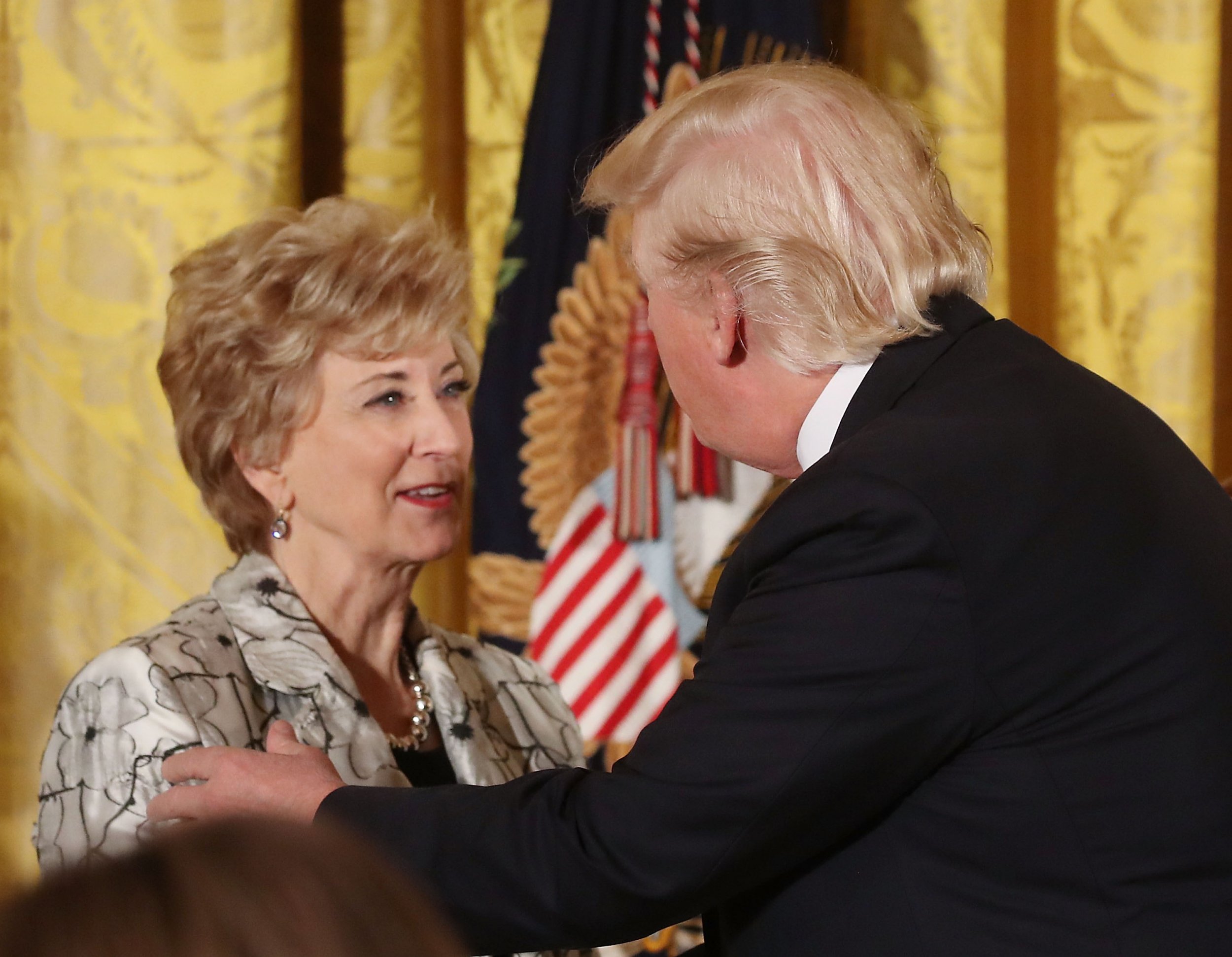
Political leaders, education experts, and policymakers are profoundly divided on the department's function, effectiveness, and necessity, as the debate regarding the U.S. Department of Education has reached a critical juncture. Recent Congressional hearings, data analyses, and policy proposals have reignited debates regarding the efficacy of education funding and the appropriateness of the federal government's continued supervision of K-12 education.
Read More
President Donald Trump has nominated former WWE executive and Small Business Administration director Linda McMahon as his nominee for Secretary of Education. As Trump and his administration continue their efforts to completely demolish the Department of Education, her nomination coincides with a period of major upheaval in the American educational system. In her testimony, McMahon discussed her nomination with the Senate Health, Education, Labor, and Pensions (HELP) Committee.
Read More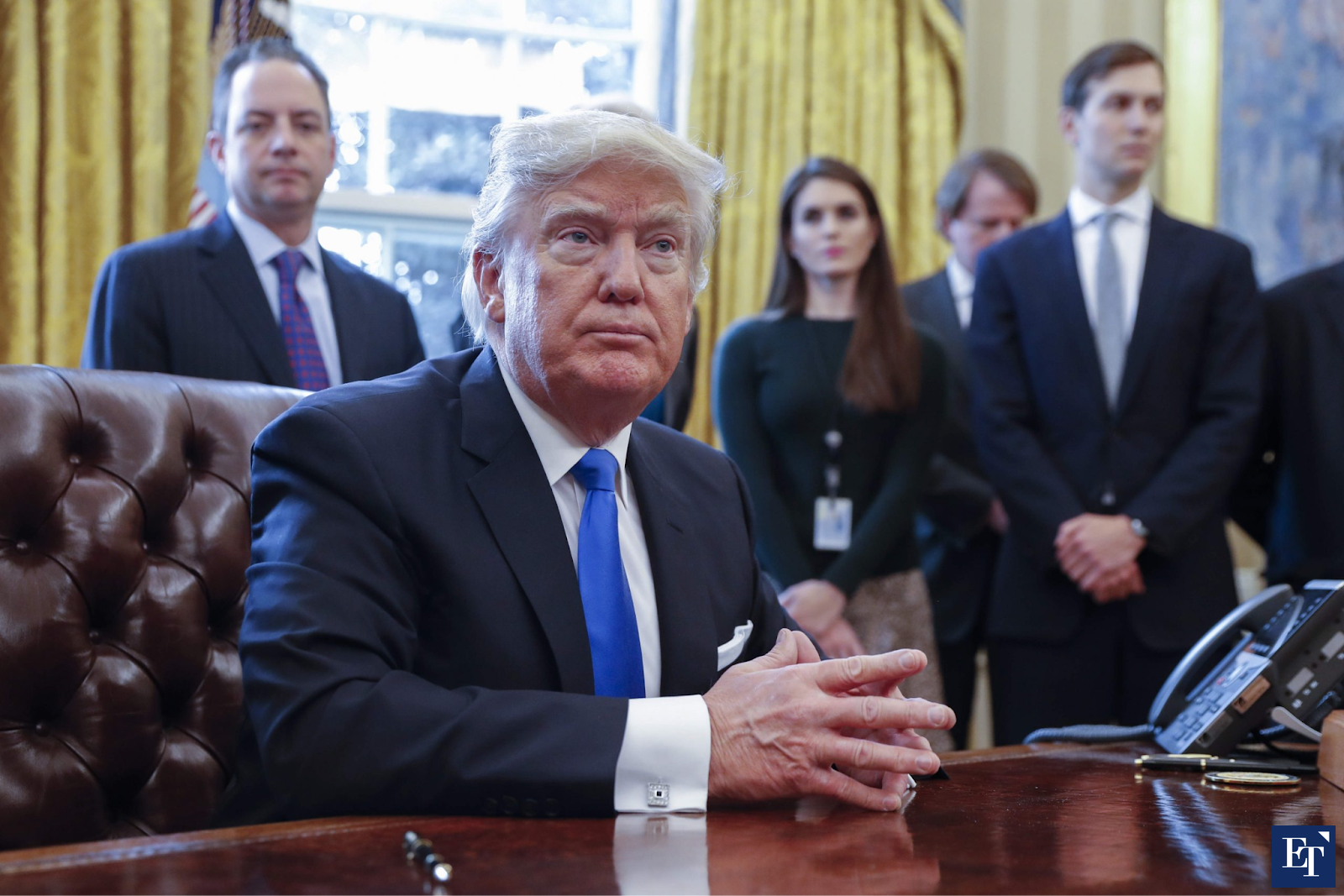
A federal district judge in Boston, United States, has issued an injunction that prevents the National Institutes of Health (NIH) from implementing its proposed $4 billion reduction in research funding. The cutbacks, which were announced on February 7, would have had a substantial impact on prestigious research institutions, such as Johns Hopkins University, Caltech, and MIT. The decision was made in response to a lawsuit filed by Massachusetts and 21 other states, which challenged the 15% limitation on indirect costs that was implemented without consulting affected institutions.
Read More

In 2009, South Korea implemented a tuition fee moratorium that was effectively mandatory for universities. Institutions that attempted to increase fees were subject to financial penalties to enforce this policy. The University of Seoul implemented the "half-price" tuition policy in 2012, which served to further solidify this policy. The tuition fee freeze and halving significantly reduced the university's annual cost to approximately 2.4 million won ($1,820), which is under the jurisdiction of the Seoul Metropolitan Government.
Read More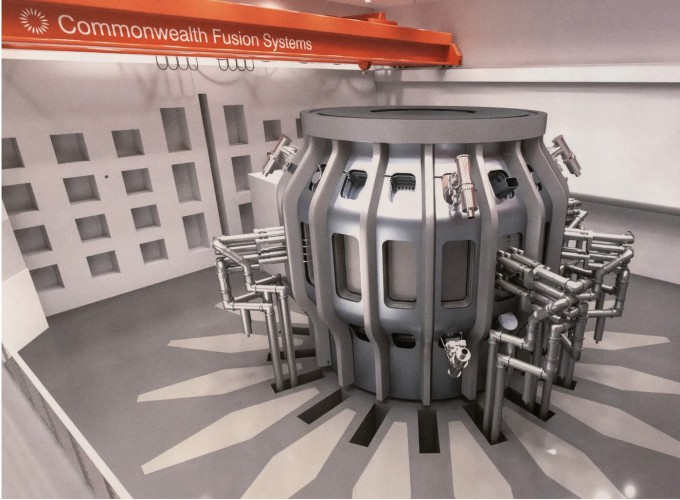
STEM (Science, Technology, Engineering, and Mathematics) master’s programs are among the most expensive graduate degrees, often rivaling or surpassing MBA programs in tuition costs. With some programs exceeding $60,000 in total fees, many students wonder why these degrees come with such a high price tag. While it may seem excessive at first glance, the reality is that STEM education requires substantial investment in faculty, research infrastructure, and industry collaborations.
Read More
The National Association of Diversity Officers in Higher Education (NADOHE) and the American Association of University Professors (AAUP) have sued to block President Donald J. Trump's executive orders requiring universities and colleges to dismantle their diversity, equity, and inclusion (DEI) programs. The lawsuit contends that these mandates are unconstitutional and endanger academic freedom.
Read More
The Global Response to the USAID Funding Freeze
Read More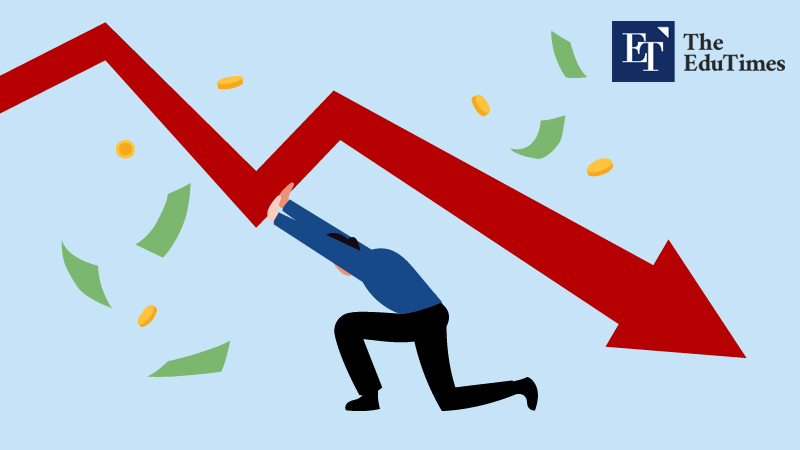
Indian economy is growing at a surprising speed with 9.7% in 2022 and 7.2% in 2023. Partly because of capital influx to the Indian economy from Silicon Valley's large tech firms for cheaper labor. In fact, it's not US firms alone that are outsourcing software engineers from India. Most western European companies have already relied on eastern European software engineers, and now they go to India. Japan and Korea follow the international trend. Meanwhile, souther and eastern European countries along with Russia provide world-class softwares that startles the global markets.
Read More
As Covid-19 hits the education institutions hard, many are turning virtual — virtual online classes are now on the rise, as many people are paying attention to virtual classes, even with receiving diplomas through online schools, with the benefits of enjoying more flexible schedules as well as the benefit of choosing the learning environments.
Read More
What is Teacher Certification? Teacher certification is a proof-based promise that allows teacher candidates to become teachers.
Read More
Russia's invasion of Ukraine has killed and injured countless people, making it "one of the most defiant terrorist attacks in European history." According to NPR, the Russian missile struck a crowded shopping mall in the central Ukrainian city of Kremenchuk.
Read More
Following the release of Covid-19 in China, people began to express their rage toward all Asian Americans living in the United States, displaying discrimination in both physical and verbal abuse, as in the case of six Asian women who were victims of Asian Hate crime in Atlanta. According to NBC News, anti-Asian hate crime increased by 339 percent in 2021 compared to 2
Read More
